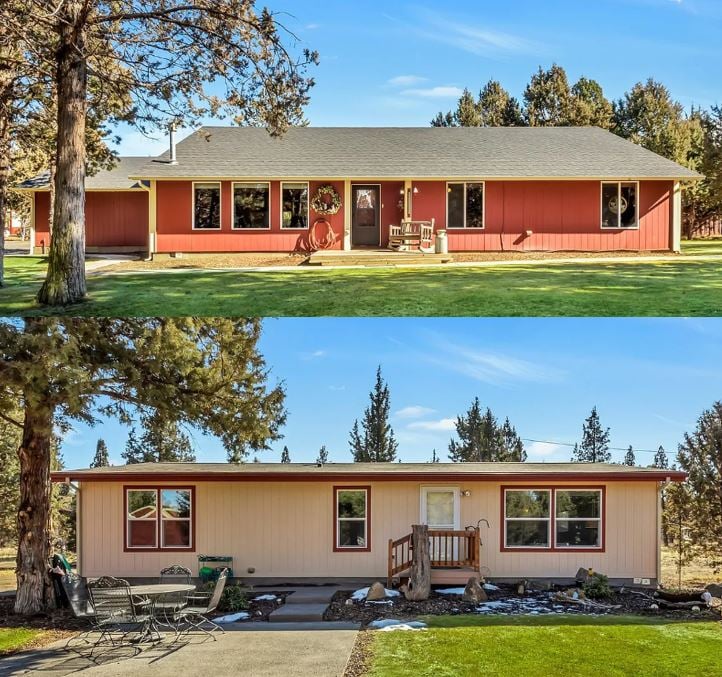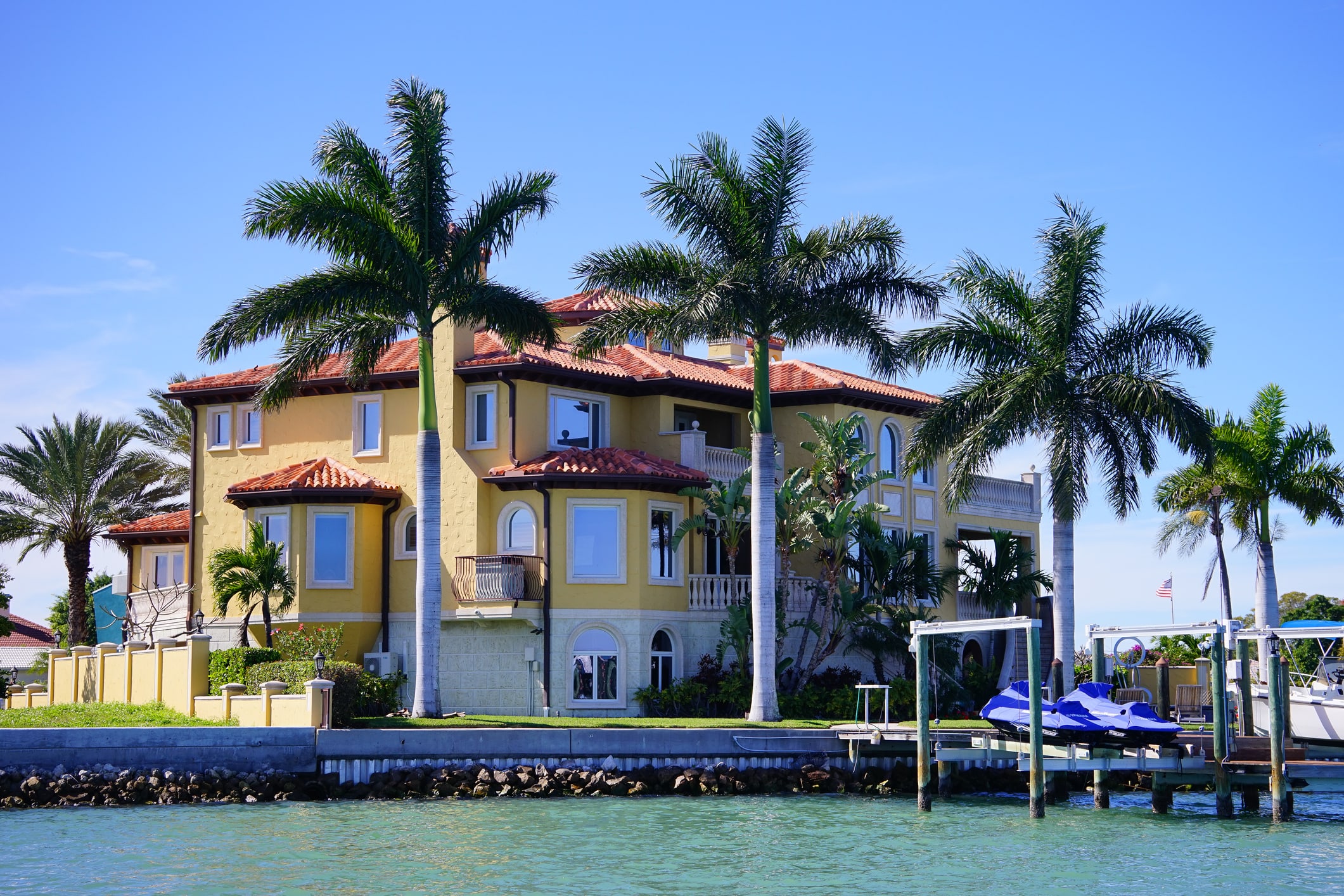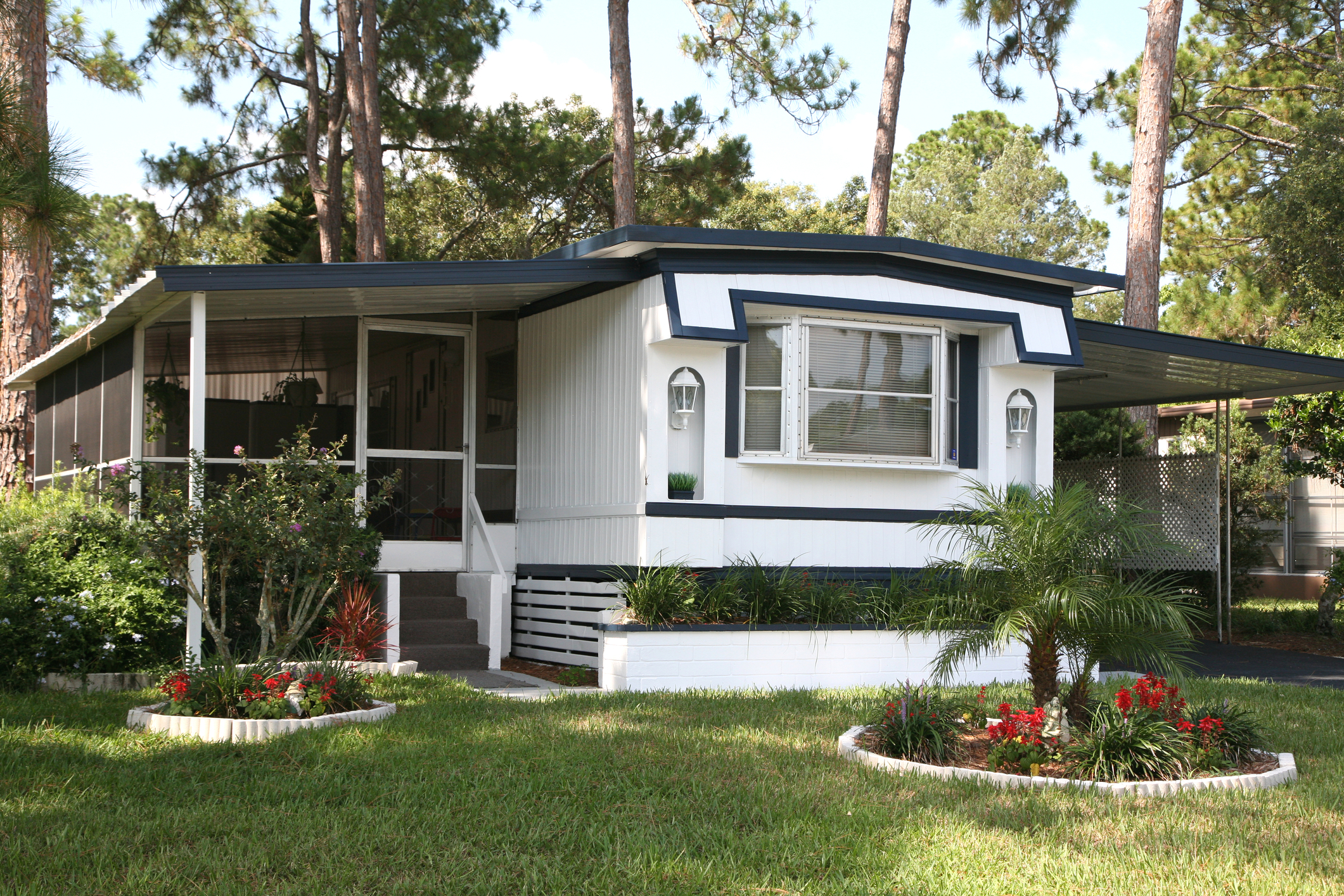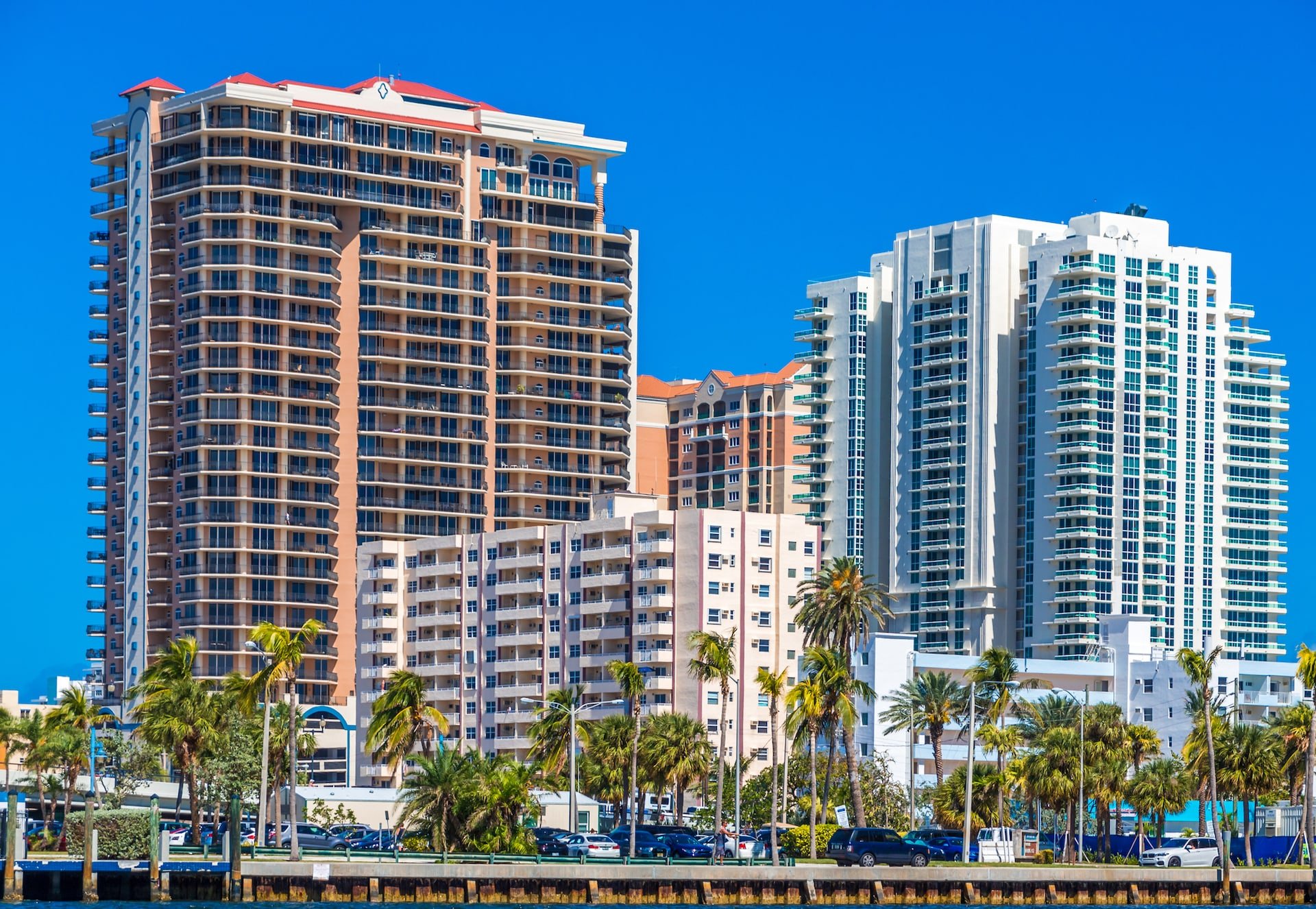Mortgage Broker or Direct Lender For Foreign National Loans?
If you’re researching your financing options, you might be wondering if you should work with a mortgage broker or direct lender for foreign national...
4 min read
 Ted Spradlin
:
Jul 11, 2023 2:59:56 PM
Ted Spradlin
:
Jul 11, 2023 2:59:56 PM

If you’re researching mortgage programs for financing a single family residence with a manufactured home additional dwelling unit (ADU), you’ll want to read this article. I’ll cover your options and what you need to know as you seek funding for your property.
Over the years, I’ve originated loans for self-employed borrowers who bought a single family residence (SFR) on acreage that came with a relatively new (10 years or less) manufactured home ADU, which had significant rental income that covered nearly all of their mortgage payment.
Let’s dive into the details.
As I mentioned, the borrowers I worked with who bought SFRs on acreage with a rental ADU were self-employed.
If you’re self-employed and have applied for a mortgage or two since 2009, you know that it’s not easy. This is especially true if you maximize business deductions and/or real estate investment tax deferments, which can significantly reduce your adjusted gross income (AGI) and thus your income tax liability.
Deductions are great for paying lower income taxes. However, these deductions can impede your approval for a conforming mortgage, which is a Fannie Mae or Freddie Mac loan. Fannie and Freddie require that borrowers have credit scores and sufficient income to cover the mortgage payments and other debts, known as the debt-to-income (DTI) ratio.
Self-employed borrowers and real estate investors often have the cash flow and gross income to pay their bills, but lack the AGI to qualify for a Fannie or Freddie loan. But if you do show sufficient AGI, you can take advantage of these programs to finance your primary residence SFR with the manufactured home ADU rental.
If you show enough self-employment income, you can qualify for Fannie or Freddie financing on your SFR with manufactured home ADU.
Here’s what I believe are the key points for getting approved:
If your AGI is high enough, you can take advantage of the most competitively priced mortgage programs offered by Fannie and Freddie. If you play it right, the rental income from the ADU may cover a significant portion of your primary residence's mortgage.
Self-employed borrowers who maximize their deductions are often unable to get Fannie and Freddie financing. Most of the time, the business income flowing through their accounts is more than enough to cover their debt obligations. However, after deductions, their AGI looks closer to a first-year teacher than a long-time business owner or real estate investor generating millions of dollars per year.
This is where NonQM loans come into play.
NonQM loans often have 30-year terms, but don't meet Fannie and Freddie’s “conforming” underwriting standards to be considered a qualified mortgage (QM). Therefore, they’re called “NonQM” loans.
Bank statement loans are the most common NonQM loans chosen by self-employed borrowers. Self-employed business owners, professional house flippers, home builders and others will use their business or personal bank statements to qualify for a mortgage.
Below are the most popular bank statement loan programs:
When business owners use their business bank statements, the lenders will subtract business expenses (actual or a predetermined expense factor) from their top line deposits to reach an AGI. For example, a self-employed psychologist with minimal business expenses may have a 15% expense factor. However, a professional house flipper who pays for plenty of materials and labor in their business will have a 60% expense factor.
If you’re self-employed with a low AGI that prohibits you from qualifying for a Fannie or Freddie loan, you can use a NonQM loan to finance your primary residence SFR with the manufactured home ADU. However, NonQM lenders don't lend against manufactured homes and won't factor in their value or rental income.
Below are the key points for using a NonQM loan in this situation:
It’s like the manufactured home ADU is there — but also not there. The title report and appraisal will show records, photos and details of the manufactured home. But, its value and rental income will not help qualify the mortgage.
Conclusion
If you’re self-employed and financing a single family residence with a manufactured home additional dwelling unit (ADU), you have a few options. Fannie Mae and Freddie Mac programs offer the best terms as long as you show enough AGI to qualify. If you’re like most of FCTD’s self-employed and real estate investor clients, you're tax write-offs stand in the way. In these cases, a NonQM loan can get the job done, even without factoring the value or rental income from the ADU.

If you’re researching your financing options, you might be wondering if you should work with a mortgage broker or direct lender for foreign national...

Over the past decade, we’ve received at least one or two financing requests per month for owner-occupied hard money manufactured home loans. During...

You're a foreign national searching for a hard money loan to purchase U.S. property. Before you get any further, you need to work through multiple...